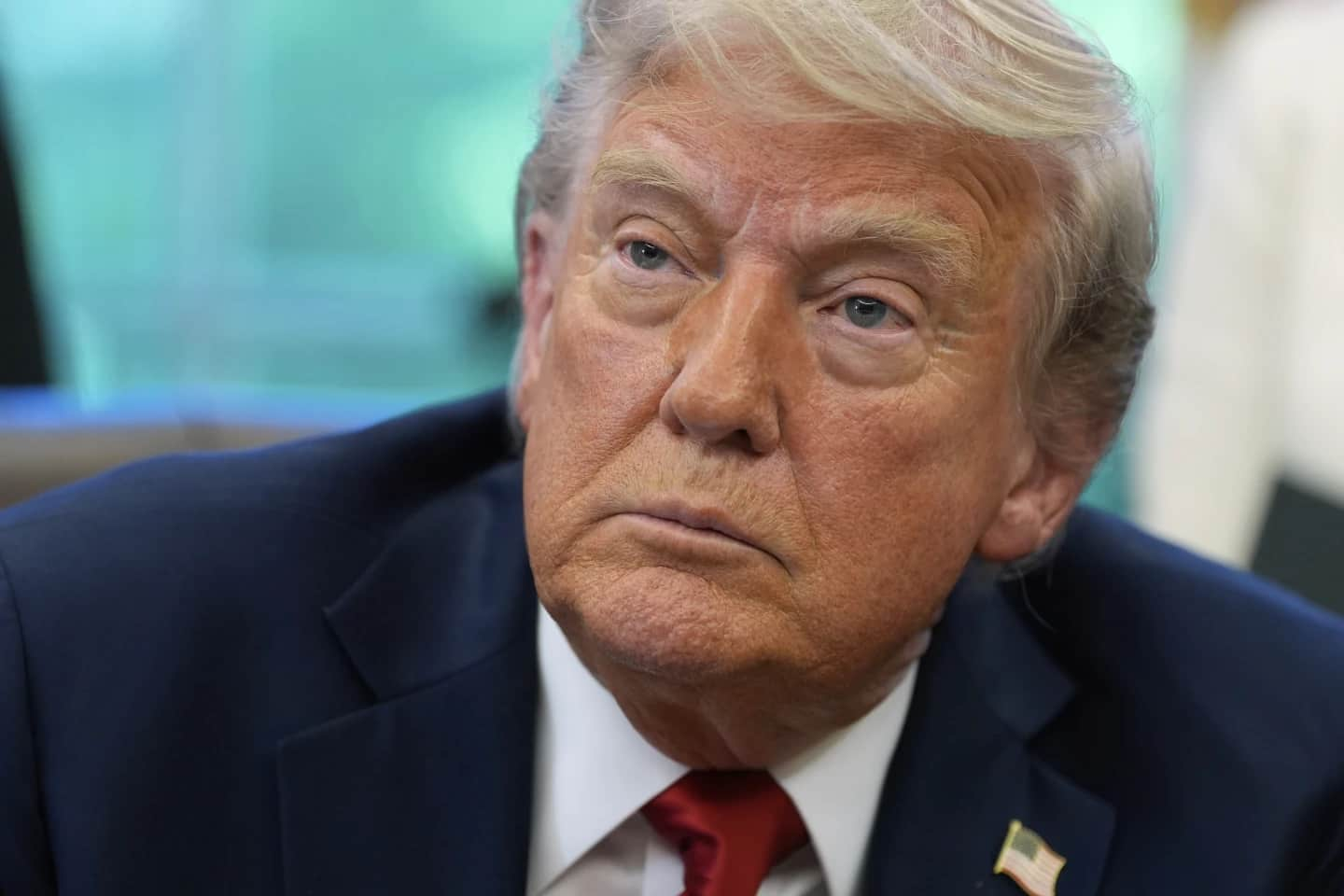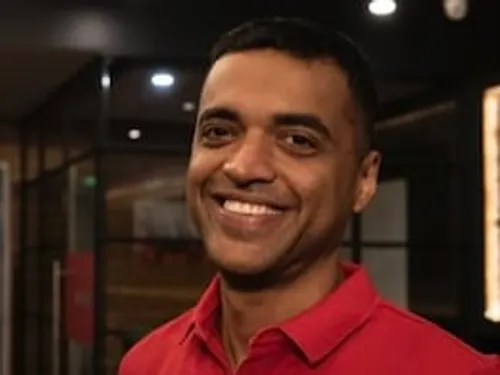President Donald Trump on Friday urged Ukraine and Russia to hold “very high level talks,” stating they were “very close to a deal” to end the bloody three-year war.
Posting on his Truth Social platform shortly after arriving in Rome for Pope Francis’ funeral, Trump said it had been a “good day in talks and meetings with Russia and Ukraine.” His envoy, Steve Witkoff, visited Moscow on Friday to meet Russian President Vladimir Putin.
“They are very close to a deal, and the two sides should now meet, at very high levels, to ‘finish it off,’” Trump wrote. “Most of the major points are agreed to. Stop the bloodshed, NOW. We will be wherever is necessary to help facilitate the END to this cruel and senseless war!”
Trump’s statement came after he told an interviewer earlier on Friday that “Crimea will stay with Russia,” the latest indication of his pressure on Ukraine to make concessions while the country remains under attack.
He had also previously demanded on social media that Ukrainian President Volodymyr Zelenskyy “IMMEDIATELY” sign a long-stalled agreement granting the United States access to Ukraine’s mineral resources.
Progress towards ending the war has remained elusive since Trump returned to the White House, and previous claims of imminent breakthroughs have not materialised. Russia continued its bombardment of Ukraine on Friday, killing three people with a drone strike on an apartment building in a city in the south-east.
Despite a rare rebuke of Putin earlier this week, Trump’s focus has primarily been on urging Zelenskyy to reach a deal that would involve ceding territory to Russia. In an interview with a magazine, Trump referred to Crimea as a place where Russia “had their submarines” and “the people speak largely Russian.”
‘Crimea will stay with Russia’: Trump
“Crimea will stay with Russia,” Trump said. “And Zelensky understands that, and everybody understands that it’s been with them for a long time. It’s been with them long before Trump came along.”
When questioned by reporters, Zelenskyy declined to comment on Trump’s remarks but reiterated, as he has throughout the war, that acknowledging Russian control over occupied Ukrainian territory is a red line for his country.
Crimea is a strategic peninsula along the Black Sea in southern Ukraine. Russia seized it in 2014, during President Barack Obama’s administration, years before the full-scale invasion of Ukraine in 2022.
Trump has accused Zelenskyy of prolonging the war by refusing to negotiate with Putin. However, Western European leaders have placed the blame on Putin, accusing him of stalling negotiations and attempting to seize more Ukrainian territory while enjoying battlefield momentum.
The war may be nearing a turning point, with the Trump administration reportedly weighing its options. Senior US officials have warned that the administration might soon abandon efforts to stop the war if the two sides fail to reach a settlement. This could potentially result in the suspension of vital US military aid to Ukraine.
Speaking to reporters on Friday before departing the White House for the Pope’s funeral, Trump said there was no deadline for peace talks to conclude.
“I just want to do it as fast as possible,” Trump said. He noted that negotiators were “pretty close” to a deal.
He pledged to meet foreign leaders while in Rome and said a meeting with Zelenskyy was “possible”. However, Zelenskyy said later on Friday that he was unsure if he would arrive in Rome in time for the funeral.
Witkoff’s meeting with Putin on Friday marked their second meeting this month and fourth since February. His visit coincided with the death of a senior Russian military officer in a car bombing near Moscow.
The Kremlin released a short video showing Putin and Witkoff greeting each other. “How are you, Mr President?” Witkoff asked. “Fine, just fine, thank you,” Putin replied in rare English, as they shook hands.
Putin’s foreign policy adviser, Yuri Ushakov, who attended the talks, said the three-hour meeting was “constructive” and “useful”. Further discussions are expected, he said.
According to Ushakov, Putin and Witkoff discussed “in particular, the possibility of resuming direct negotiations between representatives of the Russian Federation and Ukraine.” Delegations from the two countries last met in the weeks after Russia’s February 2022 invasion.
Russian Foreign Minister Sergey Lavrov, in an interview with CBS’s Face the Nation, said he agreed with Trump’s view that negotiations “are moving in the right direction.”
Russia, he said prior to Trump’s Friday post, is “ready to reach a deal, but there are still some specific points — elements of this deal which need to be fine-tuned.” He did not provide further details, according to excerpts of the interview set to air on Sunday.
Russia’s attacks continue to claim lives
Meanwhile, Russia has persisted with its attacks on Ukraine. A drone strike on an apartment building in a south-eastern Ukrainian city killed three people and injured ten others, officials said on Friday. This followed a major missile and drone strike on Kyiv on Thursday that Trump had criticised, which killed 12 and injured 87.
Among those killed in the drone strike in Pavlohrad, in the Dnipropetrovsk region, were a child and a 76-year-old woman, according to Serhii Lysak, head of the regional administration, writing on Telegram.
Ukraine’s air force reported that Russian forces launched 103 Shahed and decoy drones at five Ukrainian regions overnight. Authorities in the north-eastern Sumy and Kharkiv regions reported damage to civilian infrastructure, though no casualties were noted there.
According to Zelenskyy, Russia used Thursday’s assault on Kyiv as cover to intensify ground attacks along the approximately 1,000-kilometre (620-mile) front line.
“When the maximum of our forces was focused on defence against missiles and drones, the Russians went on to significantly intensify their ground attacks,” he wrote on Telegram.
(With inputs from AP)
Anurag Dhole is a seasoned journalist and content writer with a passion for delivering timely, accurate, and engaging stories. With over 8 years of experience in digital media, she covers a wide range of topics—from breaking news and politics to business insights and cultural trends. Jane's writing style blends clarity with depth, aiming to inform and inspire readers in a fast-paced media landscape. When she’s not chasing stories, she’s likely reading investigative features or exploring local cafés for her next writing spot.






